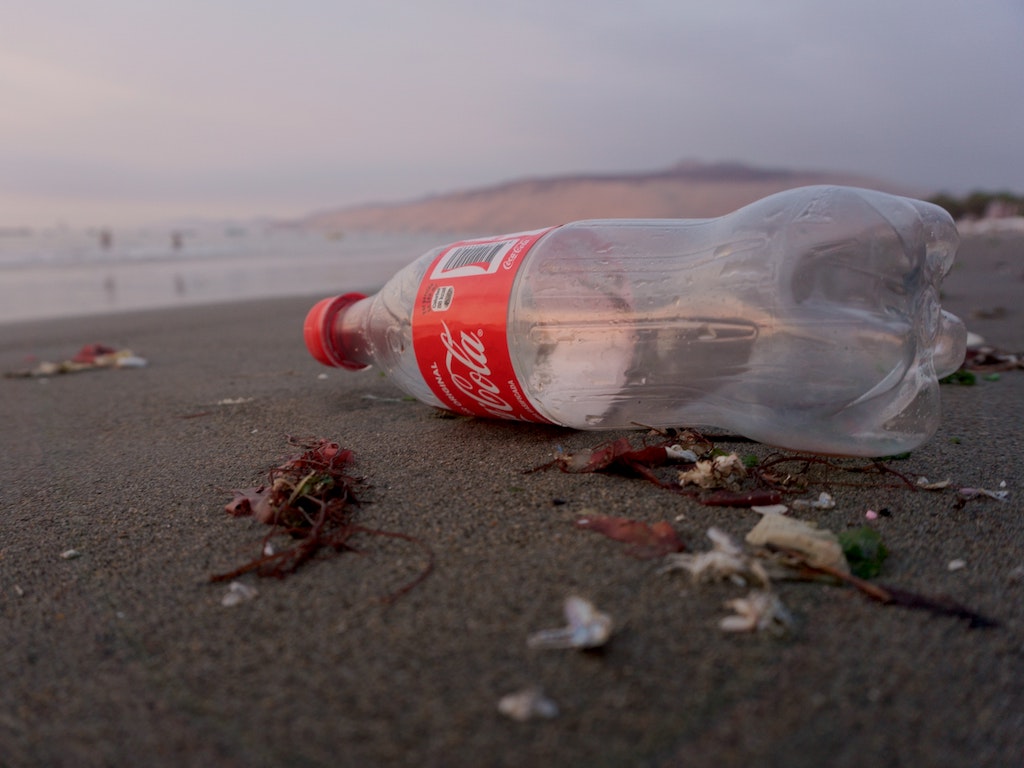3 Mins Read
Coca-Cola and PepsiCo have been named yet again as the world’s biggest plastic polluters, according to the latest global brand audit report. It marks the fourth consecutive year that the two corporations have topped the list. Break Free From Plastic’s audit also showed Unilever has risen to become the third-largest plastic polluter.
Coca-Cola and PepsiCo are the world’s top plastic polluting companies for the fourth year in a row, the latest edition of Break Free From Plastic’s brand audit report shows. Unilever, which is serving as a sponsor for the upcoming COP26 climate conference, has risen to become the third biggest plastic polluter since the annual audits began in 2018.
Last year, the organisation named Coca-Cola, PepsiCo, and Nestlé as the top three plastic polluting corporations.
Read: Half of ocean plastic waste is takeaway food packaging, study finds
Brand Audit 2021
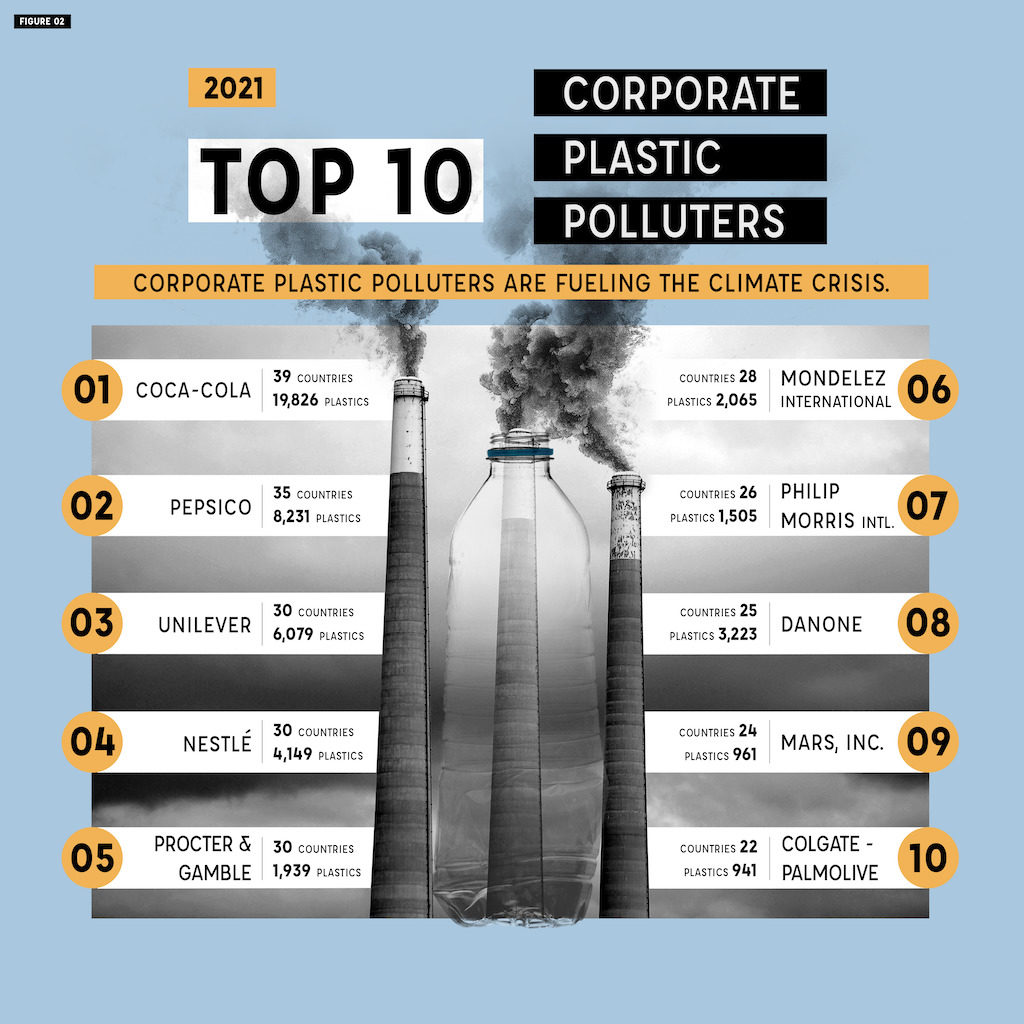
Break Free From Plastic’s brand audit drew on data from more than 11,000 volunteers across 45 countries participating in over 440 beach cleanups. Overall, the citizen action initiative collected more than 330,000 pieces of plastic.
Nearly 20,000 products found littered on coastlines were Coca-Cola branded—a figure that tops more than the pollution caused by the next two firms, PepsiCo and Unilever, combined.
It puts into question the authenticity of Coca-Cola’s latest pledge to collect one bottle for every one sold, and the effectiveness of the scheme in curbing the company’s enormous plastic footprint. The firm has been named the number one polluter for four years in a row.
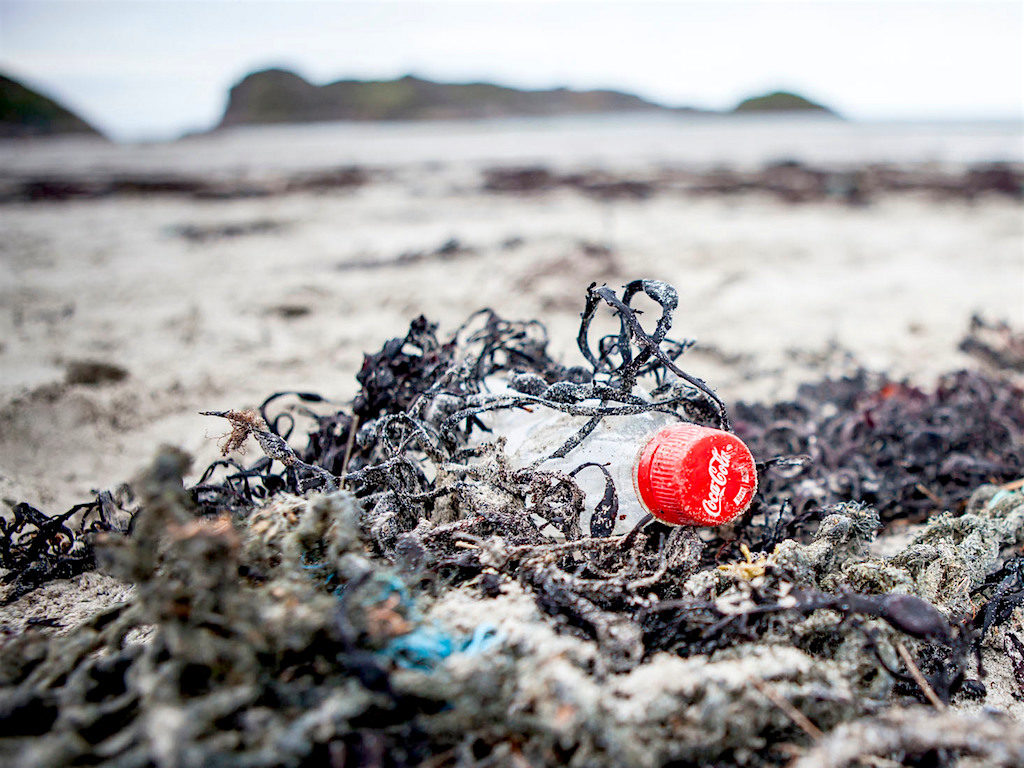
PepsiCo, the second-largest polluter, made it onto the top-three ranking for the third consecutive year in 2021. Unilever, on the other hand, rose up the ranks this year to number 3, a finding that Break Free From Plastic described as “particularly insulting” given it is serving as a principal partner for COP26 in November.
Plastic is not only one of the world’s biggest sources of landfill waste, coastline and shoreline pollution and wildlife and biodiversity degradation, it is also a major contributor to emissions. Currently, 99% of all plastic is made from fossil fuels.
Just last week, leading health and environmental experts warned that the planet only has 9 years left to tackle the plastic crisis before “irreversible” damage is done.
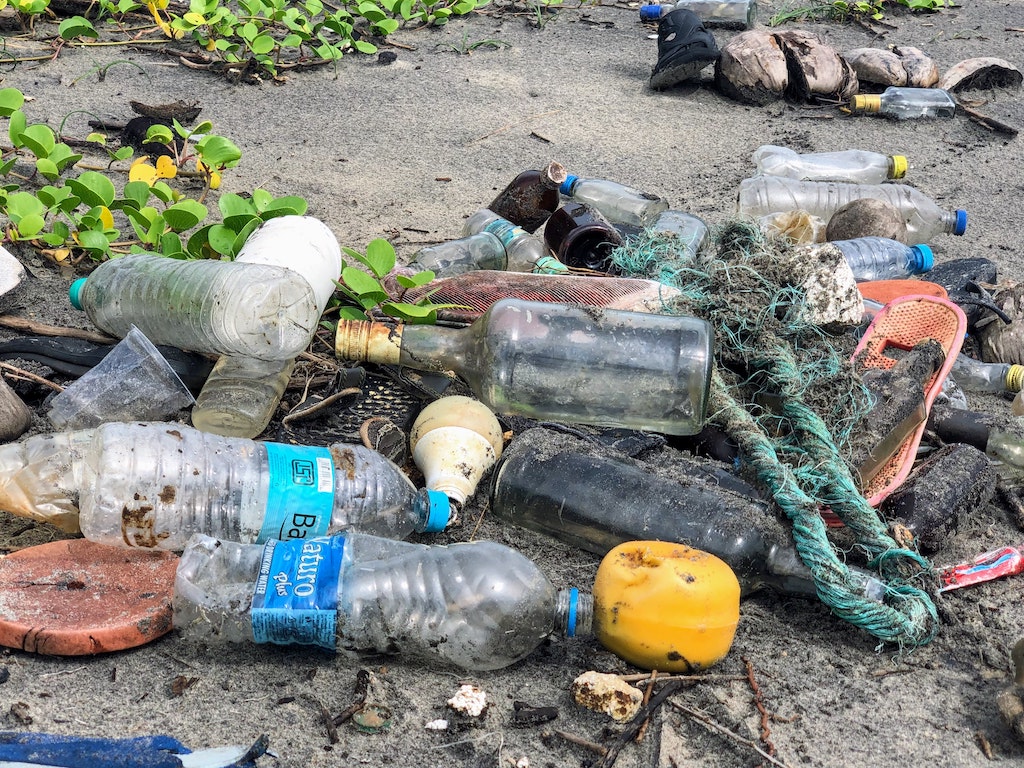
Read: UN photography exhibit and global report puts ‘forever’ plastic waste under spotlight
‘Stop this addiction to plastic’
Commenting on the results, plastics campaign regional coordinator at Greenpeace Southeast Asia, Abigail Aguilar, said: “It’s not surprising to see the same big brands as the world’s top plastic polluters for four years in a row.”
“These companies claim to be addressing the plastic crisis, yet they continue to invest in false solutions while teaming up with oil companies to produce even more plastic. To stop this mess and combat climate change, multinationals like Coca-Cola, PepsiCo, and Unilever must end their addiction to single-use plastic packaging and move away from fossil fuels.”
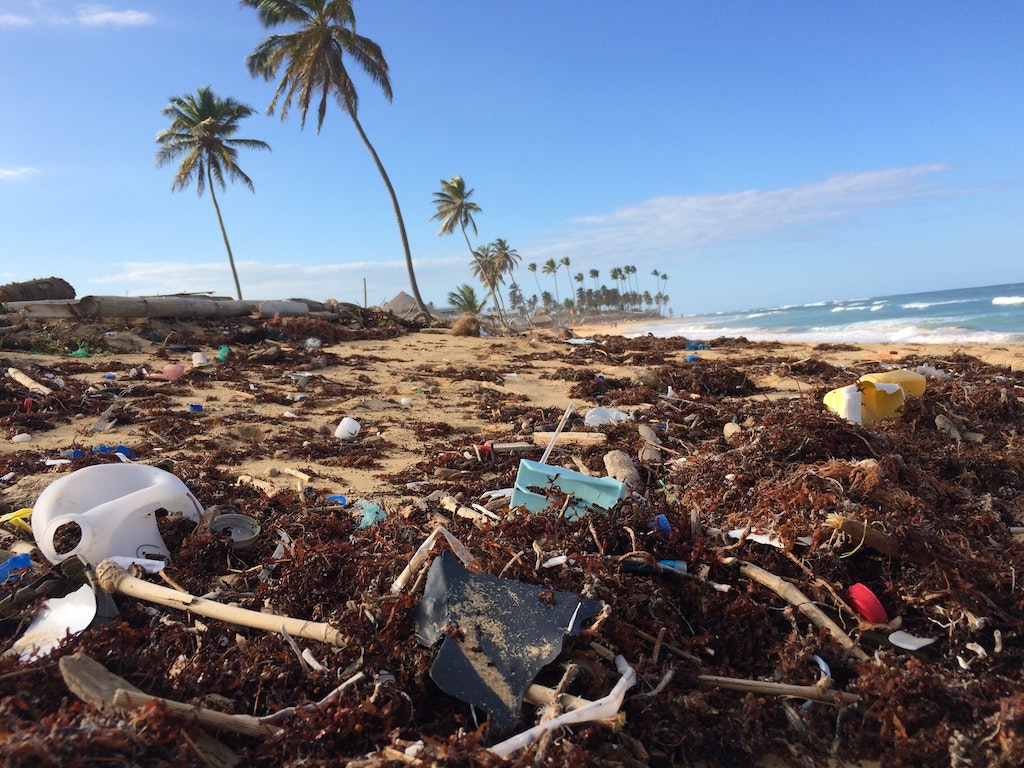
Emma Priestland, global corporate campaigns coordinator at Break Free From Plastic, echoed the sentiment, blasting large companies’ lack of transparency and commitment to finding “real solutions” to the crisis.
“We cannot continue to rely on fossil fuels, including the significant amount of fossil fuels that are or will be turned into plastic. FMCGs need to reveal the extent of their plastic footprint, reduce it significantly by setting and implementing ambitious targets, and reinvent their packaging to be reusable and plastic-free.”
All images courtesy of Unsplash, unless otherwise credited.

